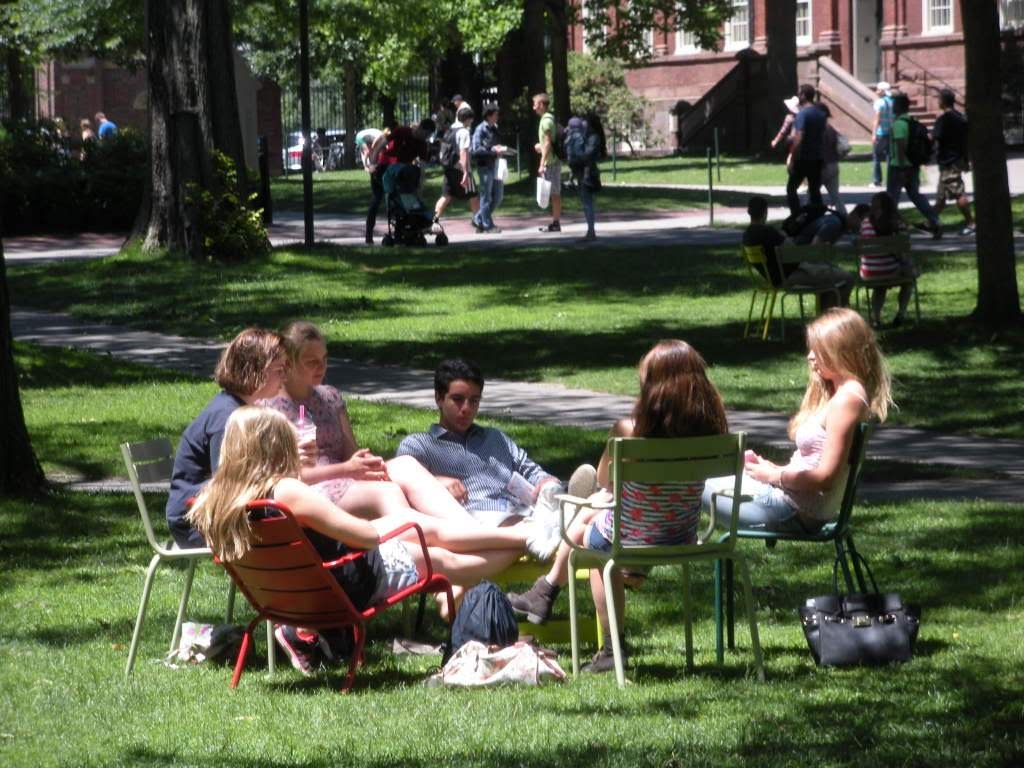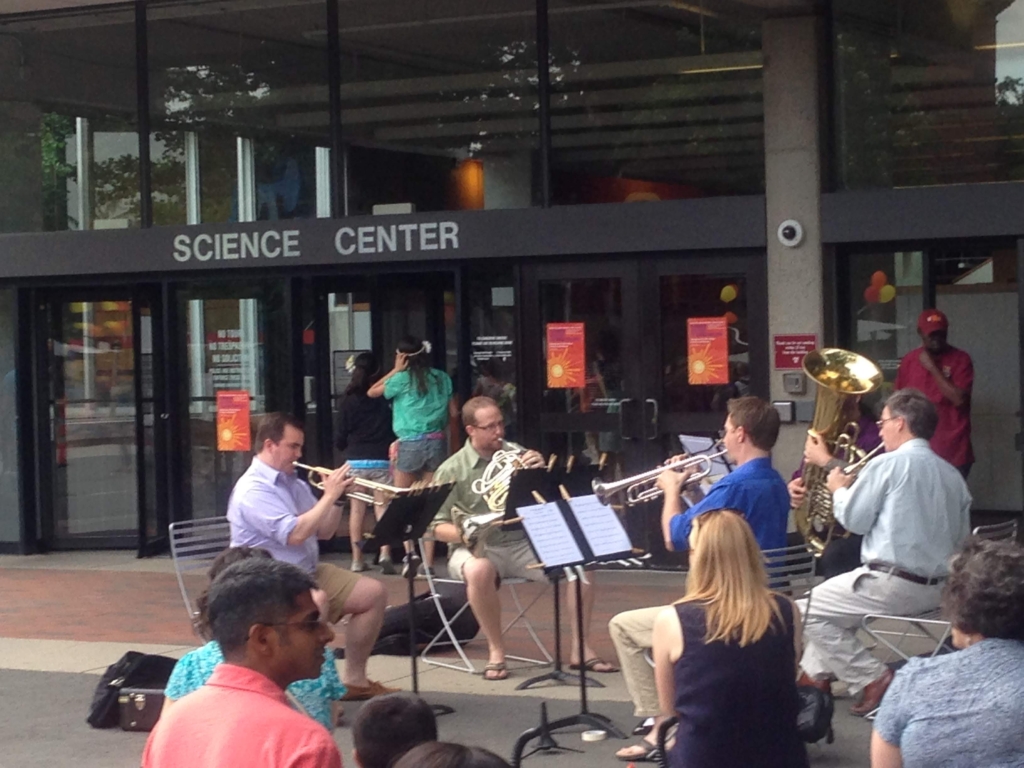
For global companies operating in Japan, attracting international talent is no longer the main challenge.
The harder part begins after arrival.
Housing-related issues — often considered operational or administrative — quietly shape the success or failure of international onboarding. Yet these issues are frequently underestimated, fragmented, or outsourced without clear ownership.
This article is not about finding “good housing.”
It is about preventing housing from becoming a hidden risk.
Housing Problems Rarely Start With Housing
When international staff struggle in Japan, the surface issue may look like housing:
- Confusing lease terms
- Unexpected fees
- Furniture or maintenance issues
- Language barriers during emergencies
But in reality, the core problem is rarely the property itself.
The real issue is fragmented responsibility.
Housing sits between HR, administration, vendors, landlords, and relocation partners.
When responsibilities are split across too many layers, no single party fully owns the outcome of daily life.
This is where small issues quietly escalate.
Why HR Teams End Up Carrying the Burden
In many organizations, HR or People & Culture teams become the default “last stop” for housing-related problems — even when housing is officially outsourced.
When something goes wrong:
- Employees contact HR first
- Vendors explain limitations
- Responsibility becomes unclear
- Resolution takes time, energy, and explanation
The cost is not only time.
It affects trust, onboarding momentum, and sometimes retention.
Importantly, these costs rarely appear in budgets or reports.
They appear as stress, complaints, and invisible workload.
The Risk Is Not Quality — It Is Structure
Most housing vendors aim to do a reasonable job.
The problem is not intention.
The risk lies in structures where:
- Daily-life issues are handled ad hoc
- Multiple vendors are involved without coordination
- Language support is reactive rather than built-in
- Accountability shifts depending on the situation
In such environments, even good vendors cannot prevent friction.
For international staff, this creates uncertainty at the very moment when stability matters most.
“No Trouble” Matters More Than “Good Housing”
From an HR perspective, the most valuable housing outcome is often not comfort or size — but predictability.
When housing works quietly:
- HR involvement decreases
- Complaints decrease
- Onboarding becomes calmer
- Managers can focus on work, not logistics
In other words, housing succeeds when it becomes invisible.
This requires a model where housing, maintenance, cleaning, and daily-life support are treated as one continuous system, not separate services.
A Different Way to Think About Housing Support
For companies with international staff in Japan, a shift in perspective helps:
- From “finding housing”
- To “preventing housing-related disruption”
This means prioritizing:
- Single-point responsibility
- Clear communication in English
- Proactive handling of daily-life issues
- Minimal escalation to HR
When these elements are aligned, housing stops being a recurring problem and becomes a stable foundation.
Final Thought
Housing rarely appears in strategic discussions — until it fails.
But for international talent, housing is often the first and most constant interaction with life in Japan.
Its impact is quiet, cumulative, and structural.
Organizations that recognize this early reduce risk not by managing more, but by managing smarter.
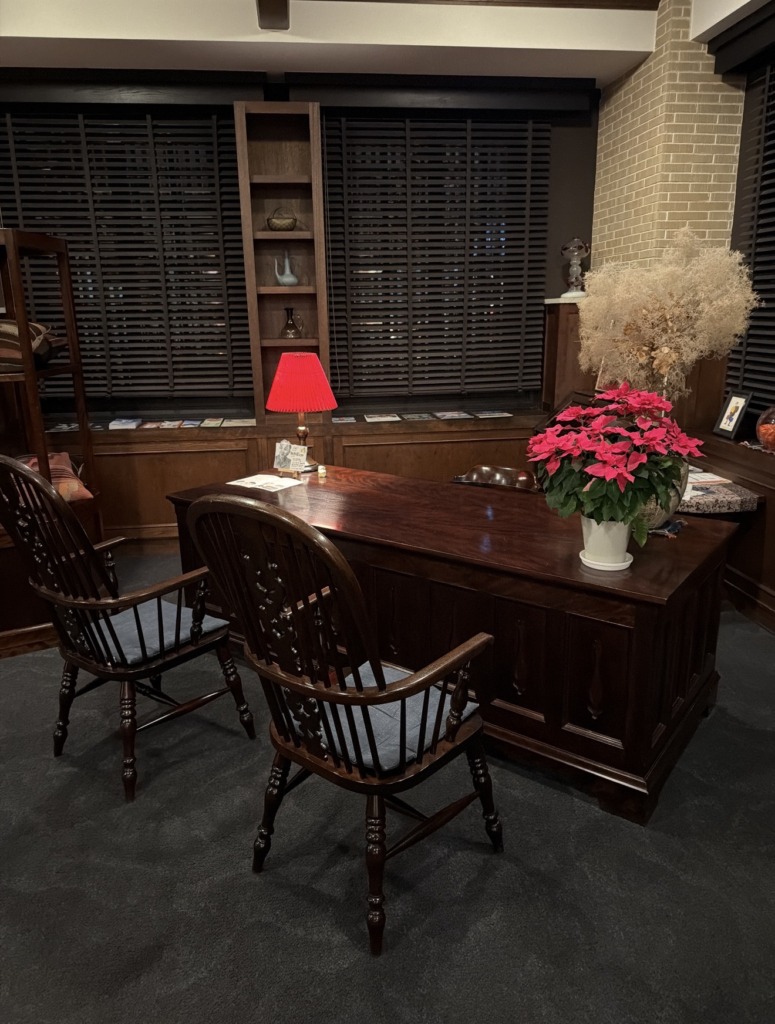




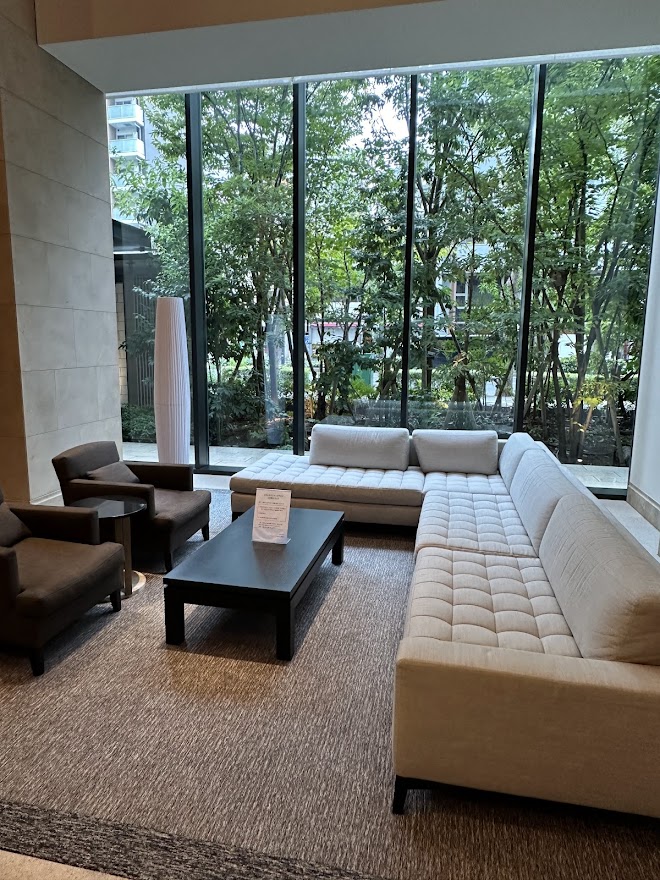
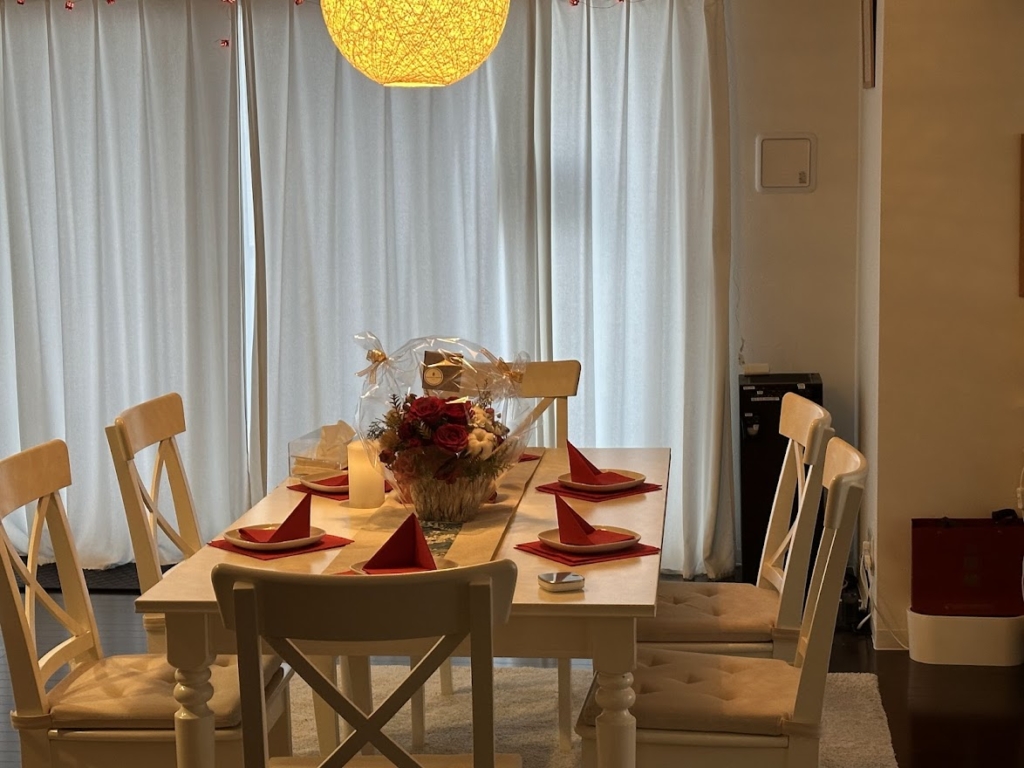
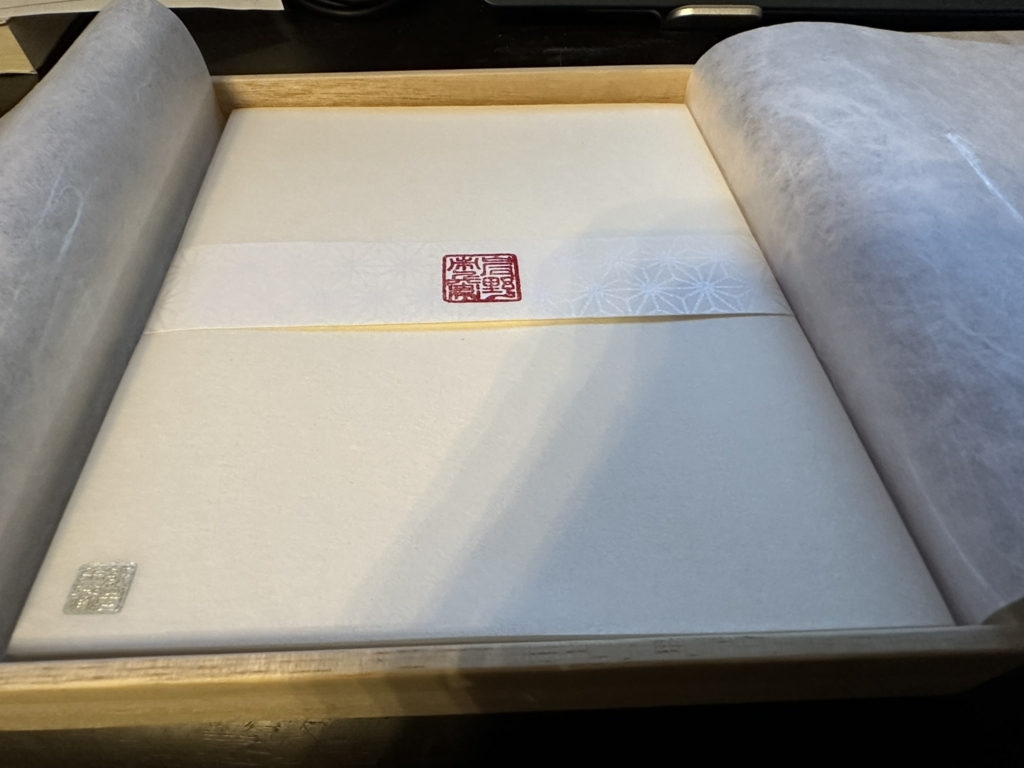
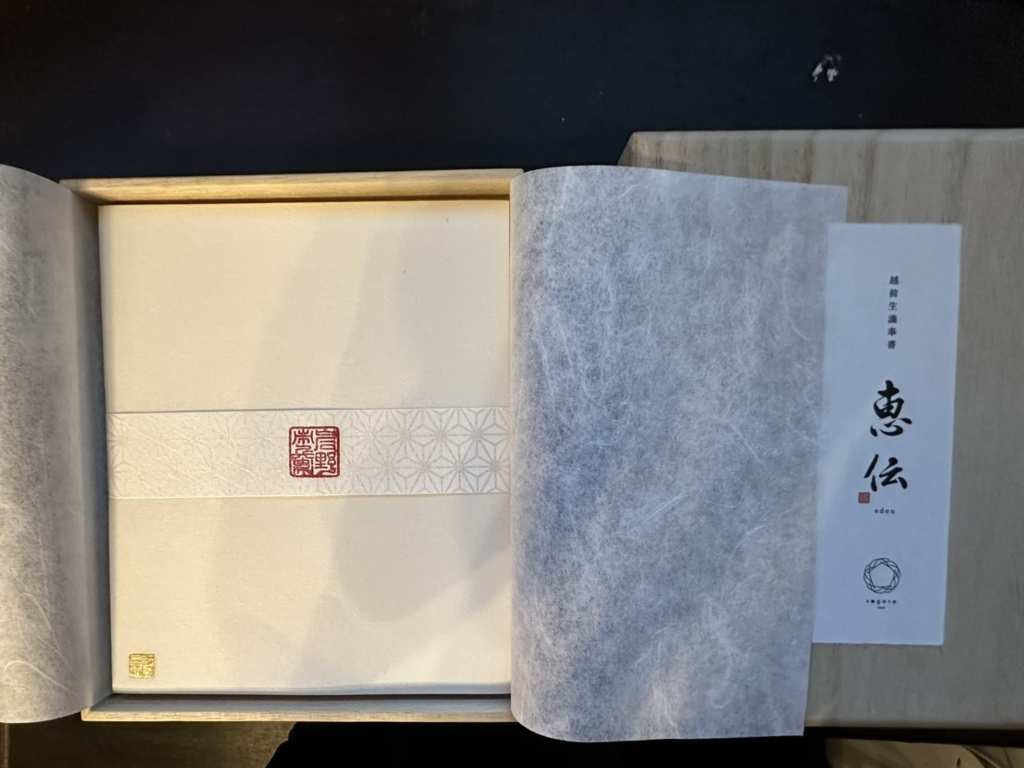
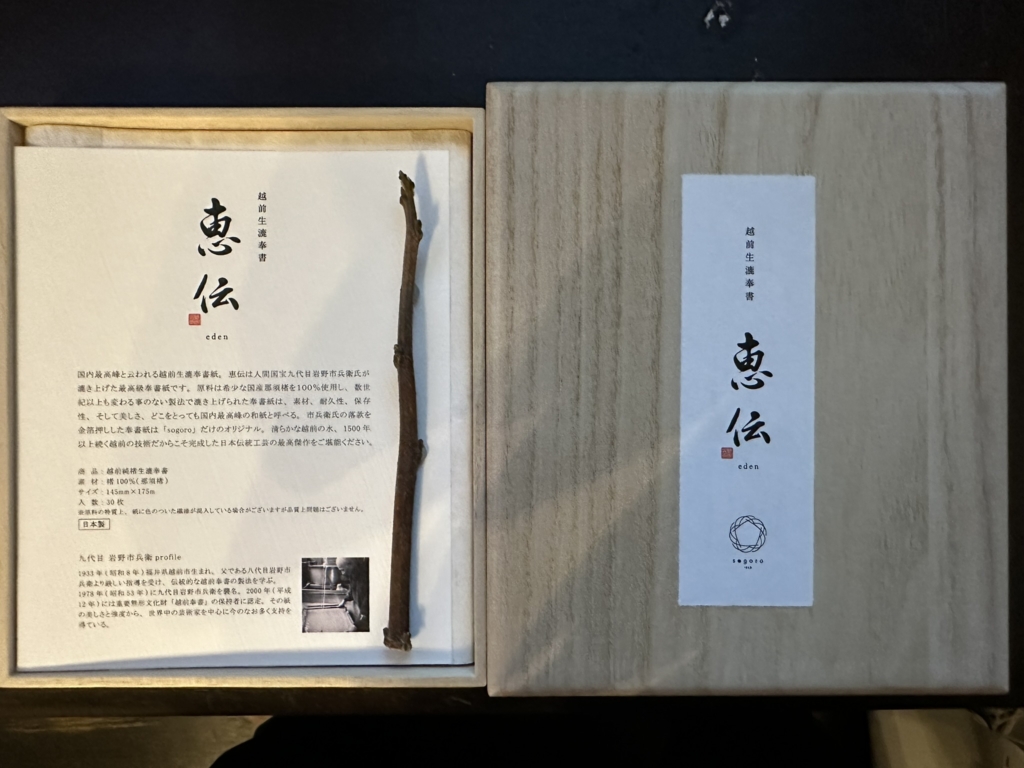


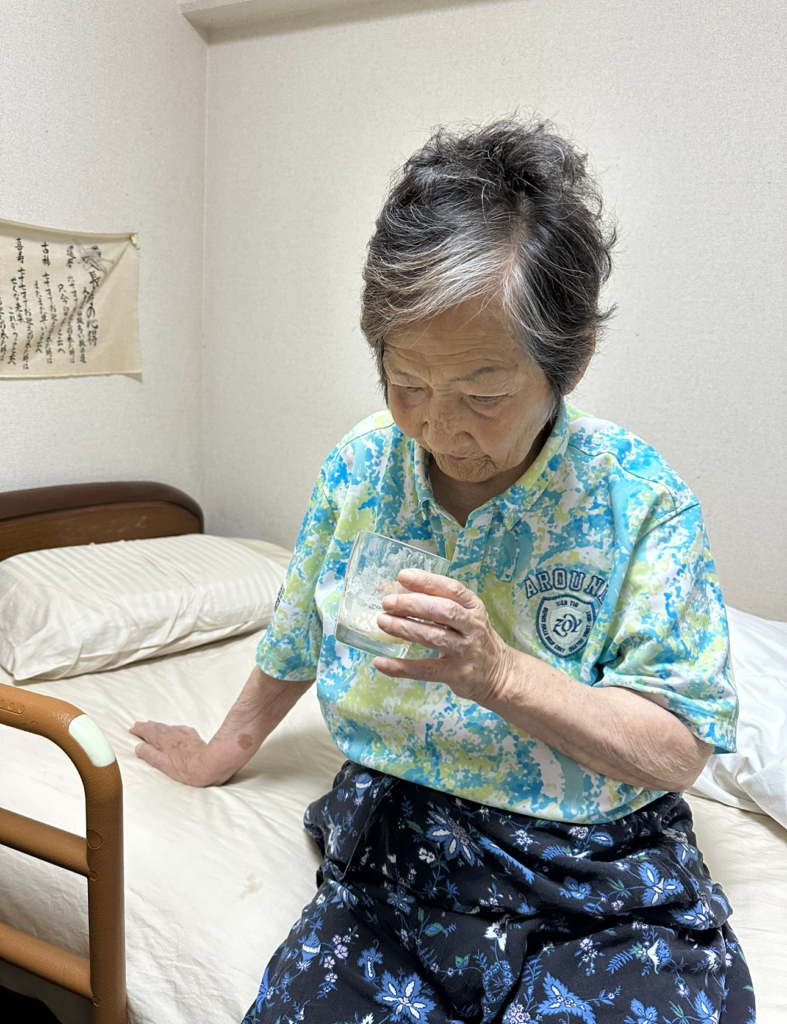
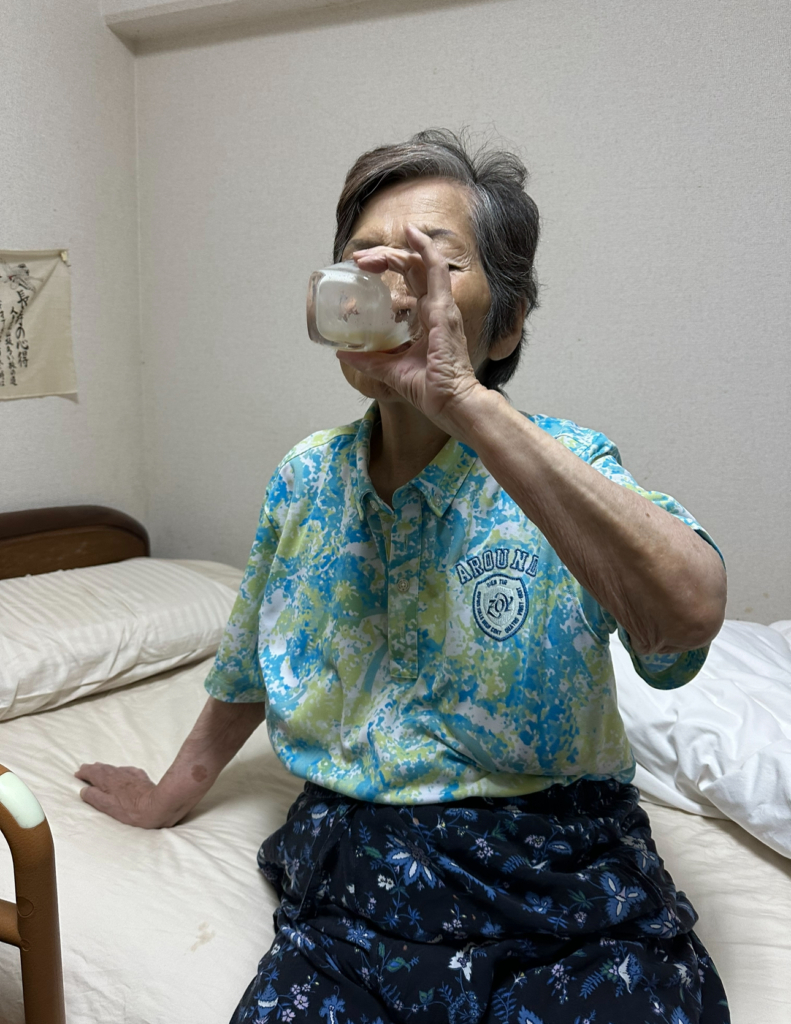
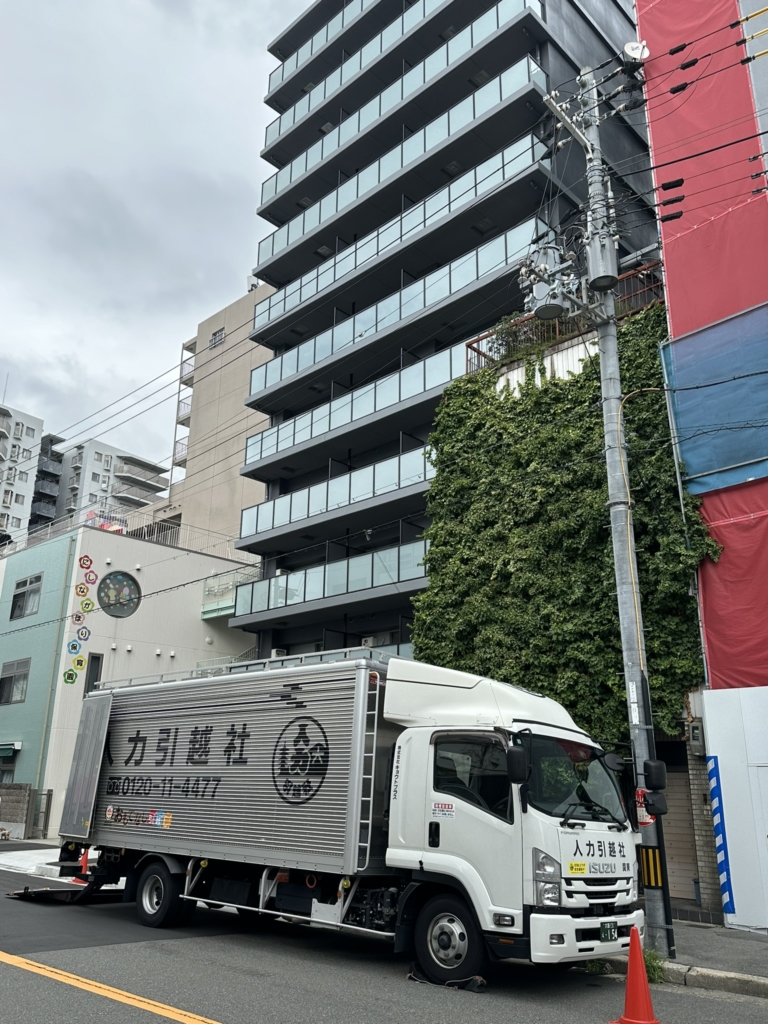
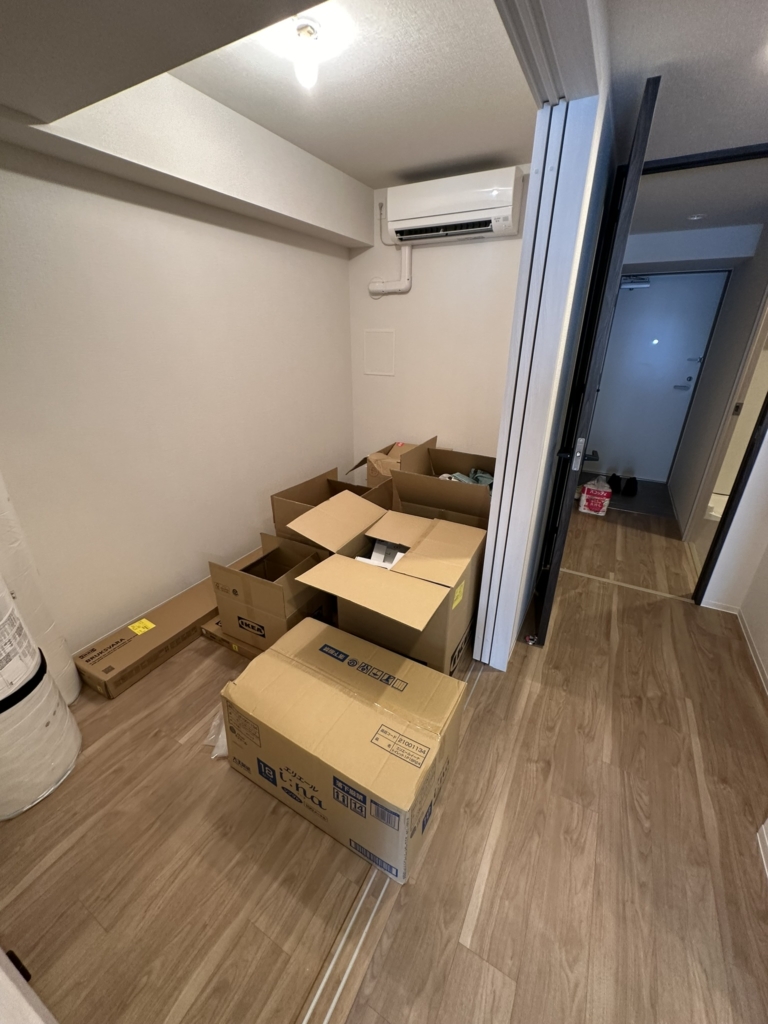


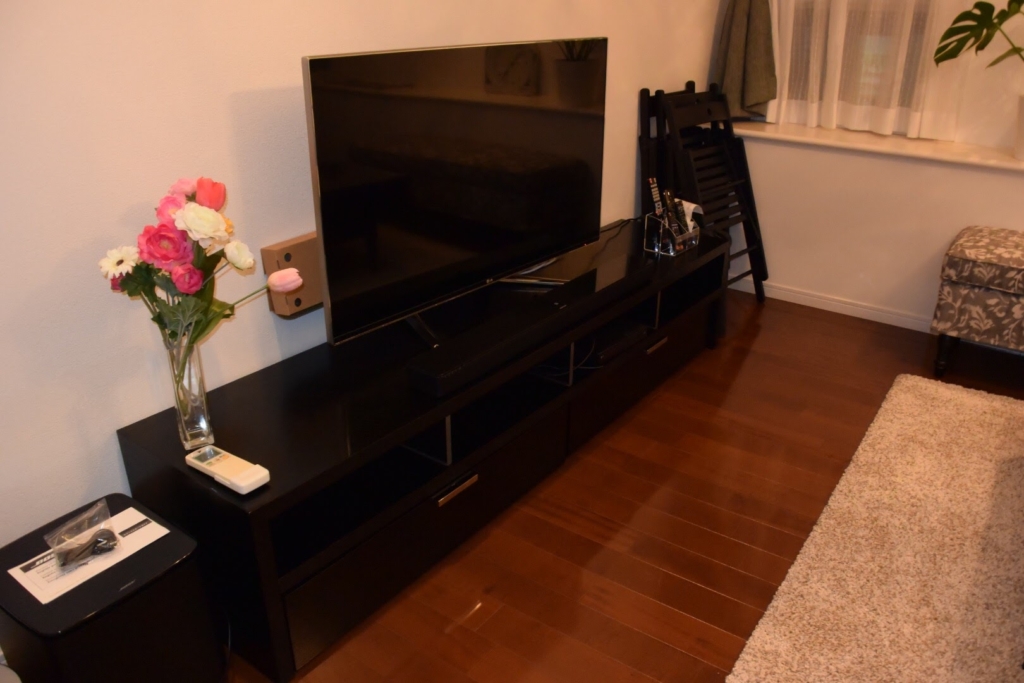

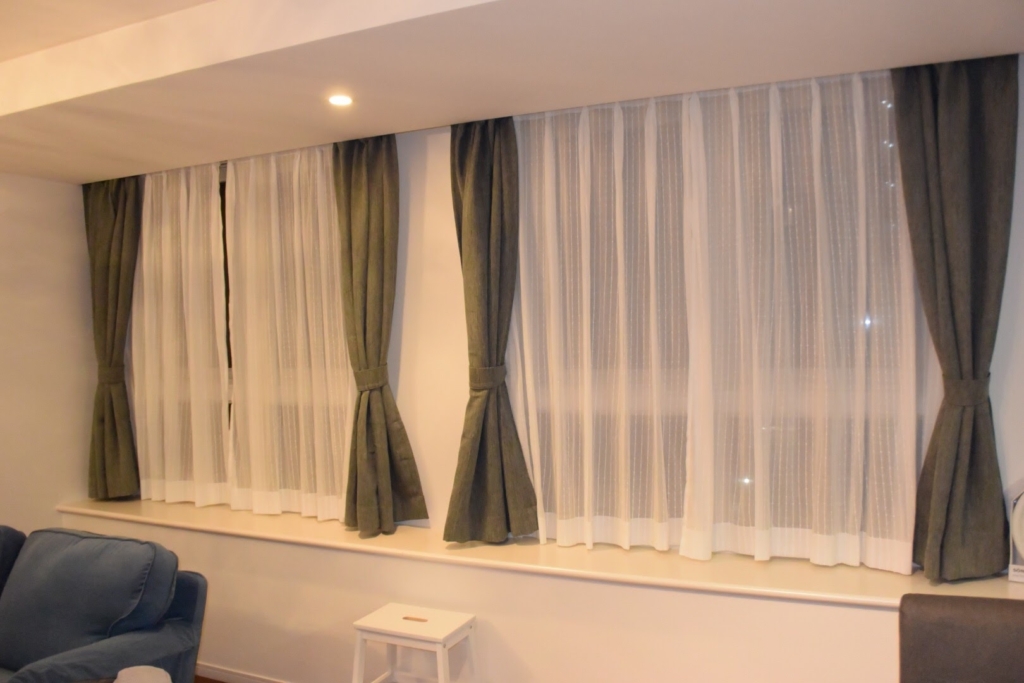 #NankaiTroughMegaquake #EarthquakePreparedness #DisasterPrevention #SafetyMeasures #EmergencyReadiness #FurnitureSafety #GeneratorPower #SmartphoneSafety #DisasterInformation #HanshinAwajiEarthquake #KobeEarthquakeExperience #StayPrepared #SafetyFirst #BePrepared #InformationIsKey
#NankaiTroughMegaquake #EarthquakePreparedness #DisasterPrevention #SafetyMeasures #EmergencyReadiness #FurnitureSafety #GeneratorPower #SmartphoneSafety #DisasterInformation #HanshinAwajiEarthquake #KobeEarthquakeExperience #StayPrepared #SafetyFirst #BePrepared #InformationIsKey
